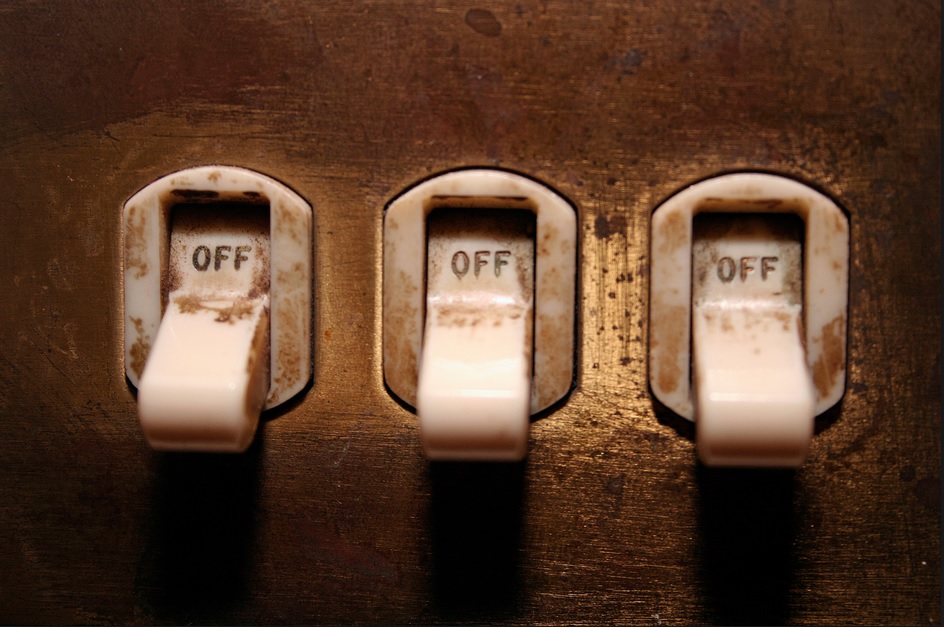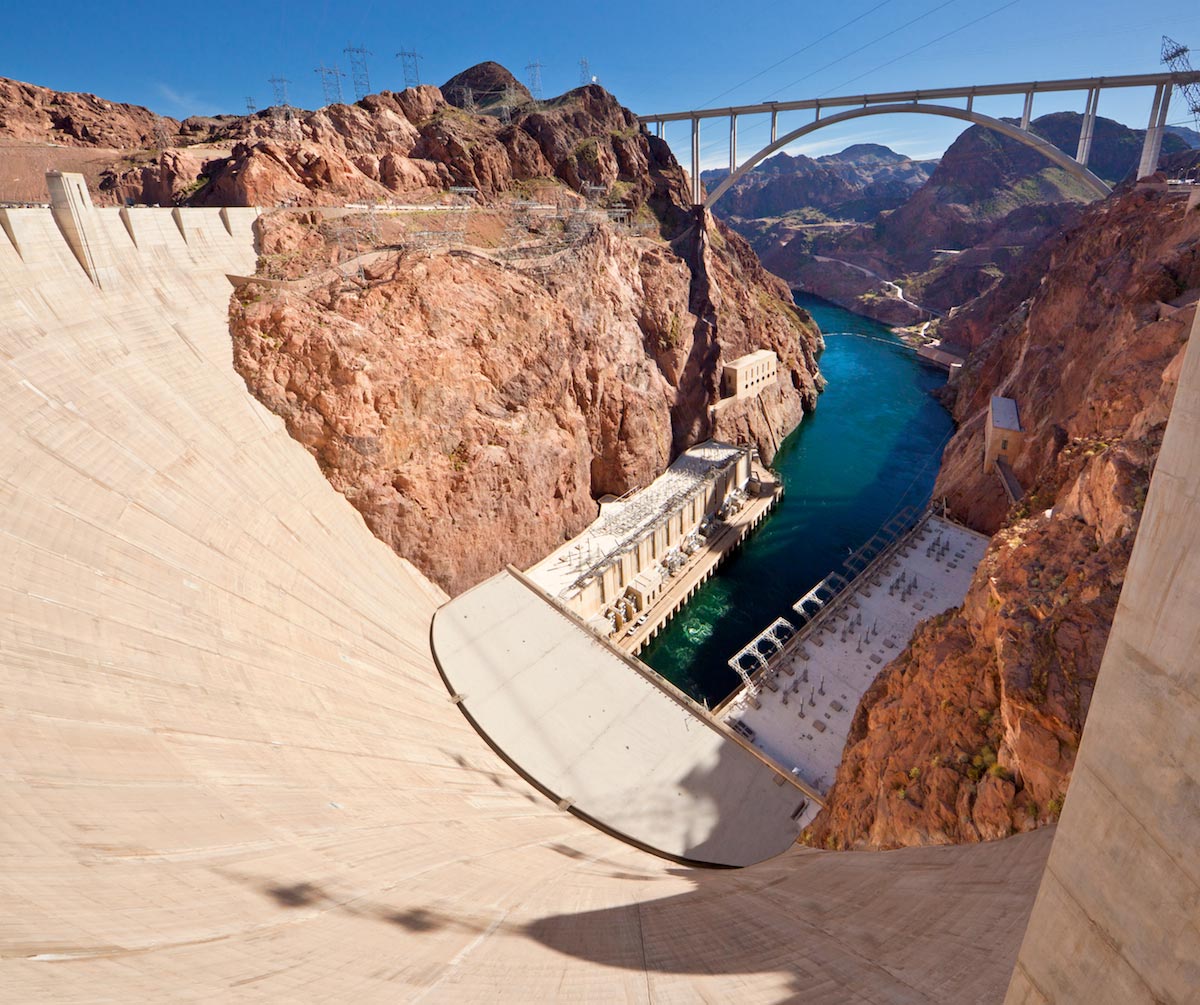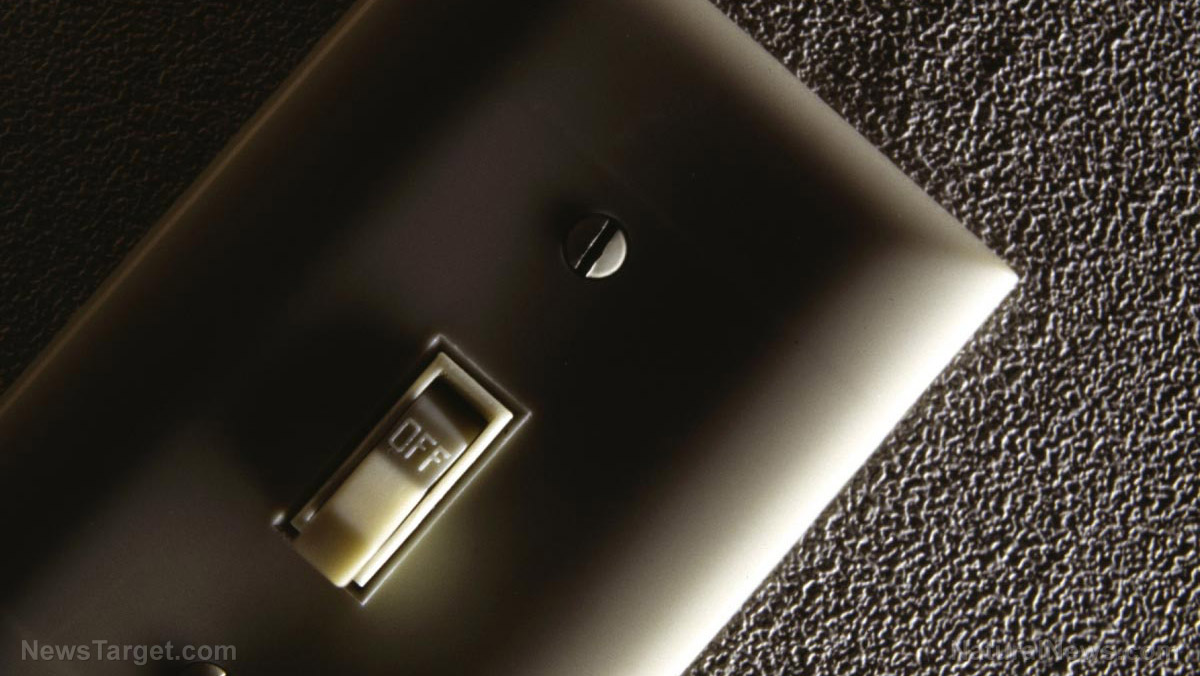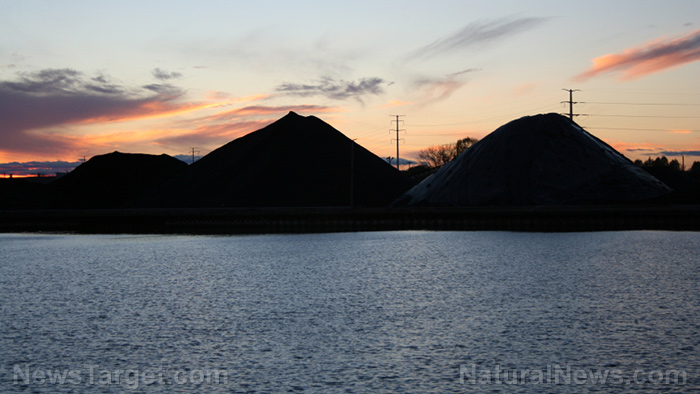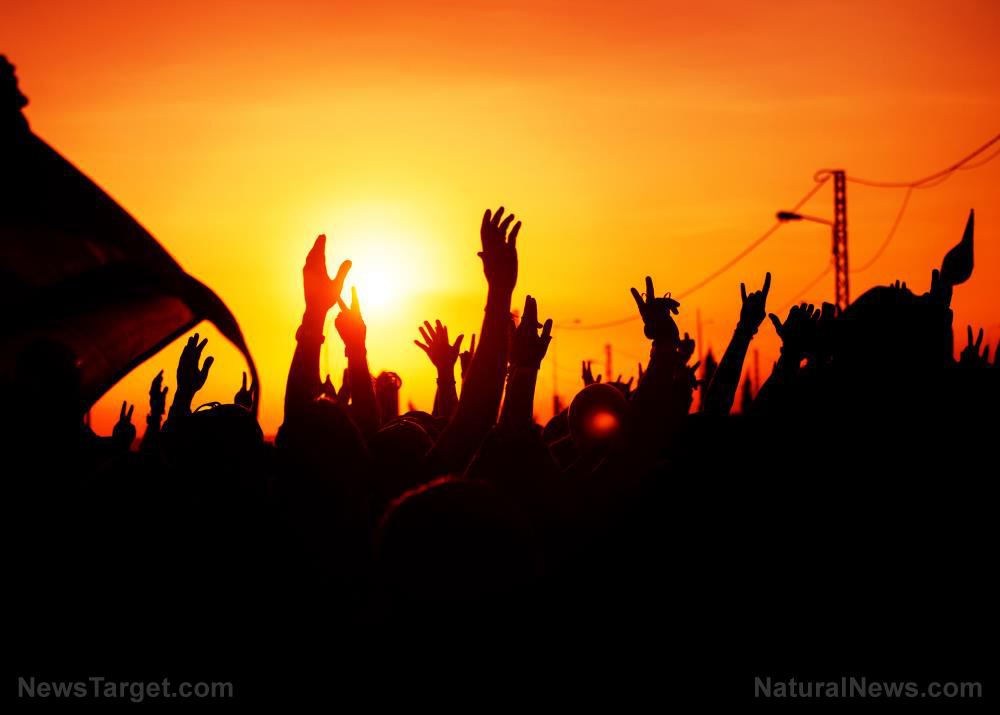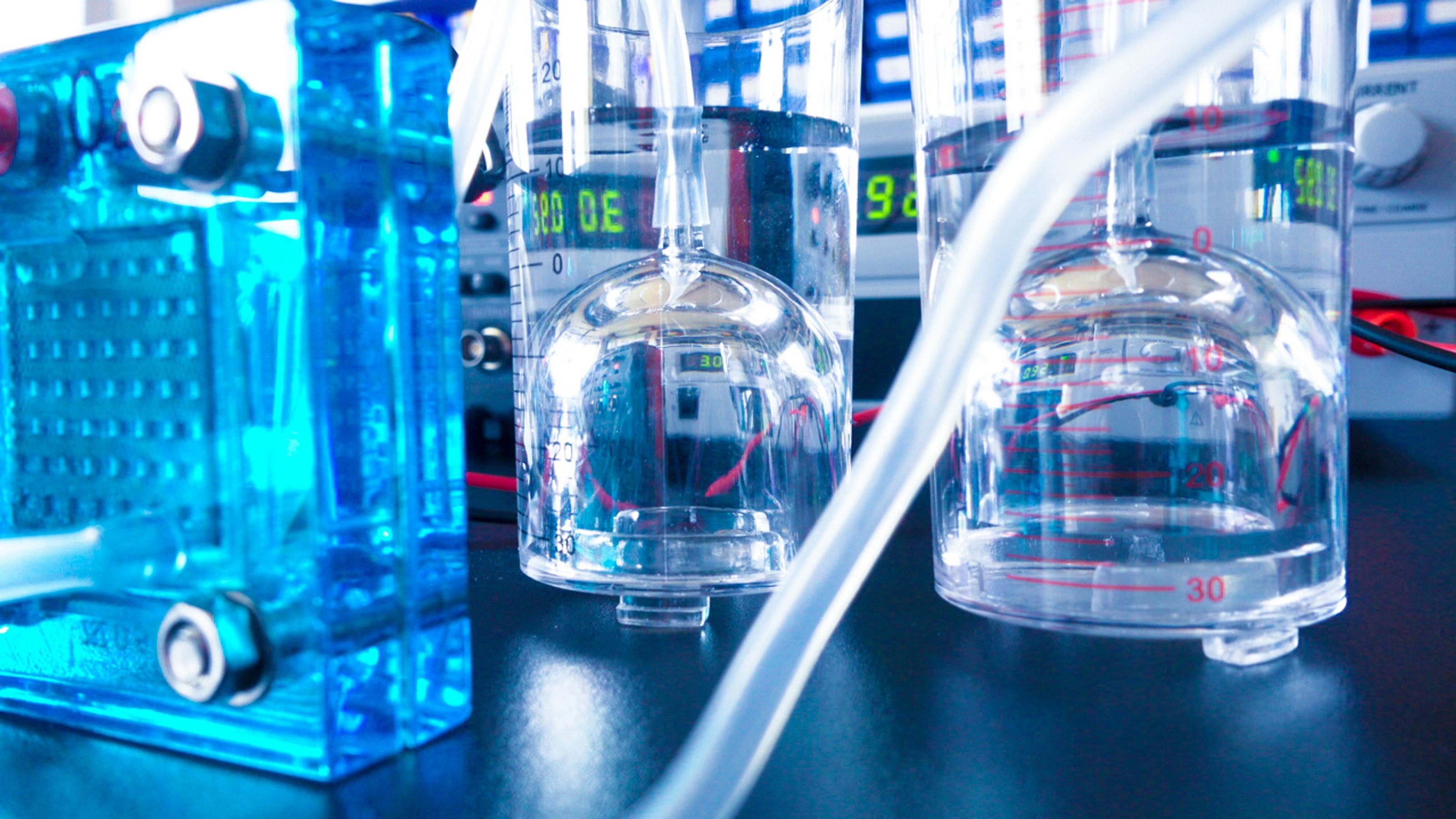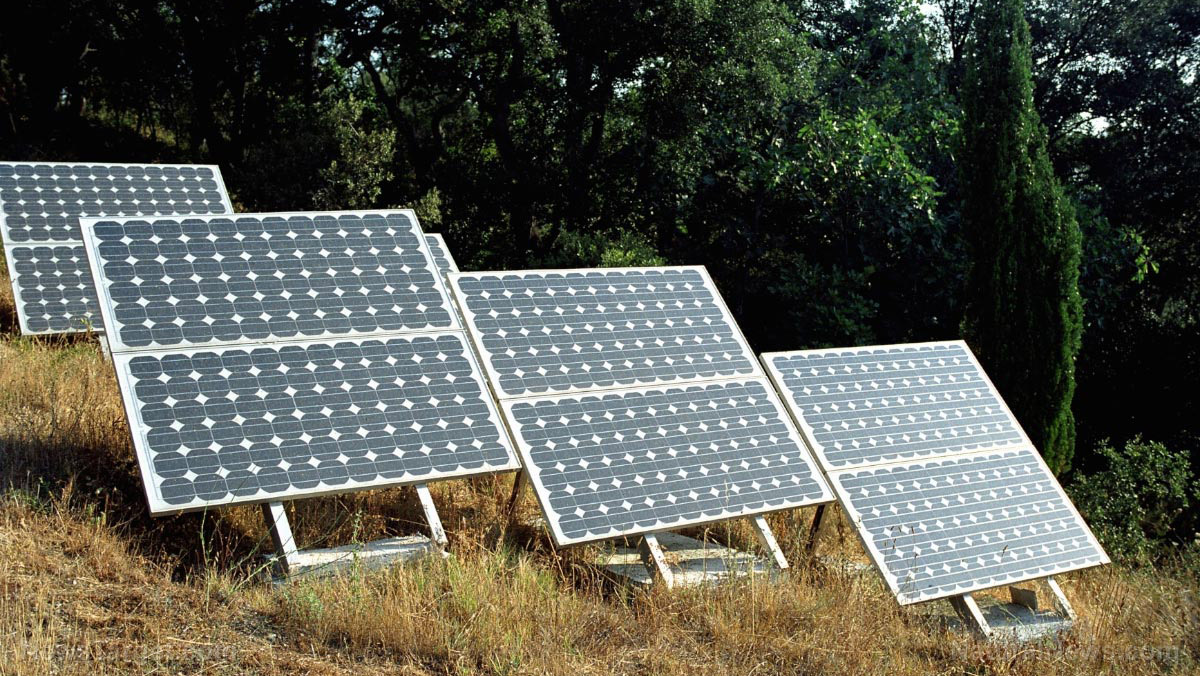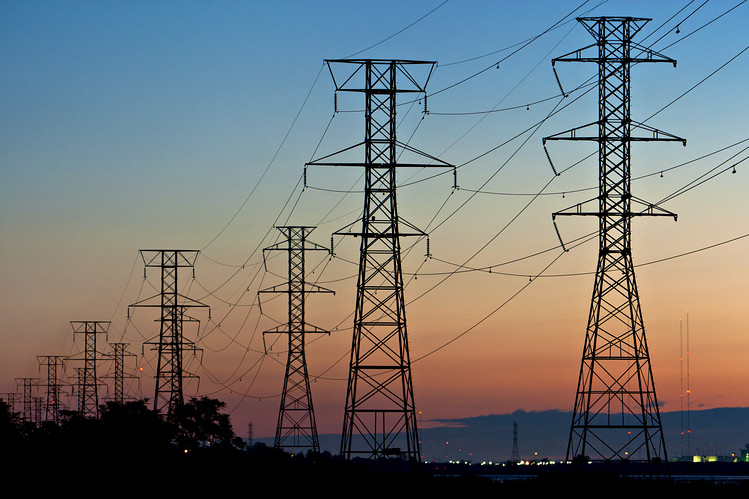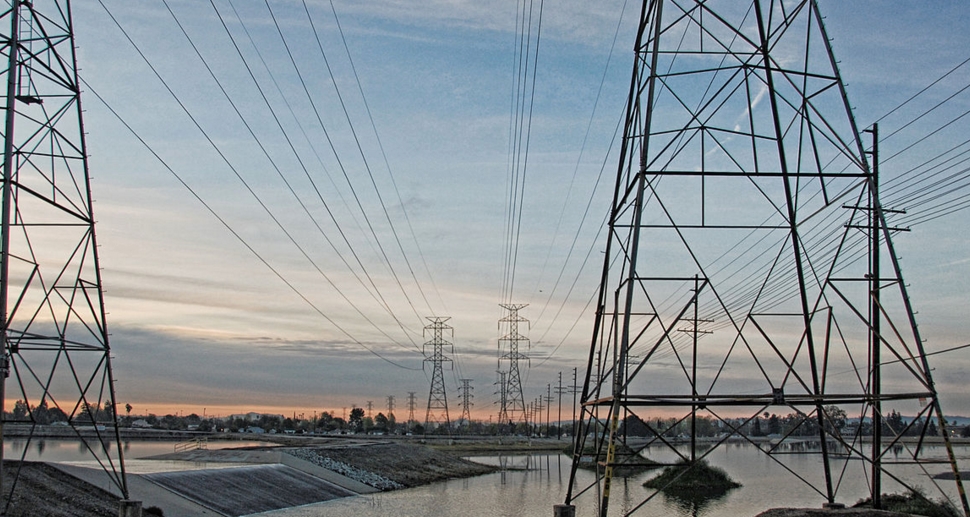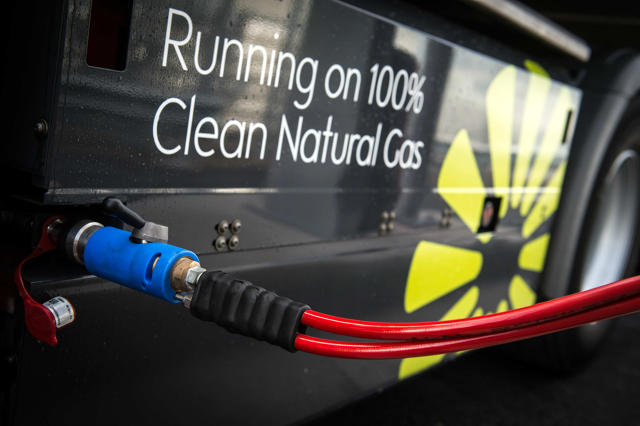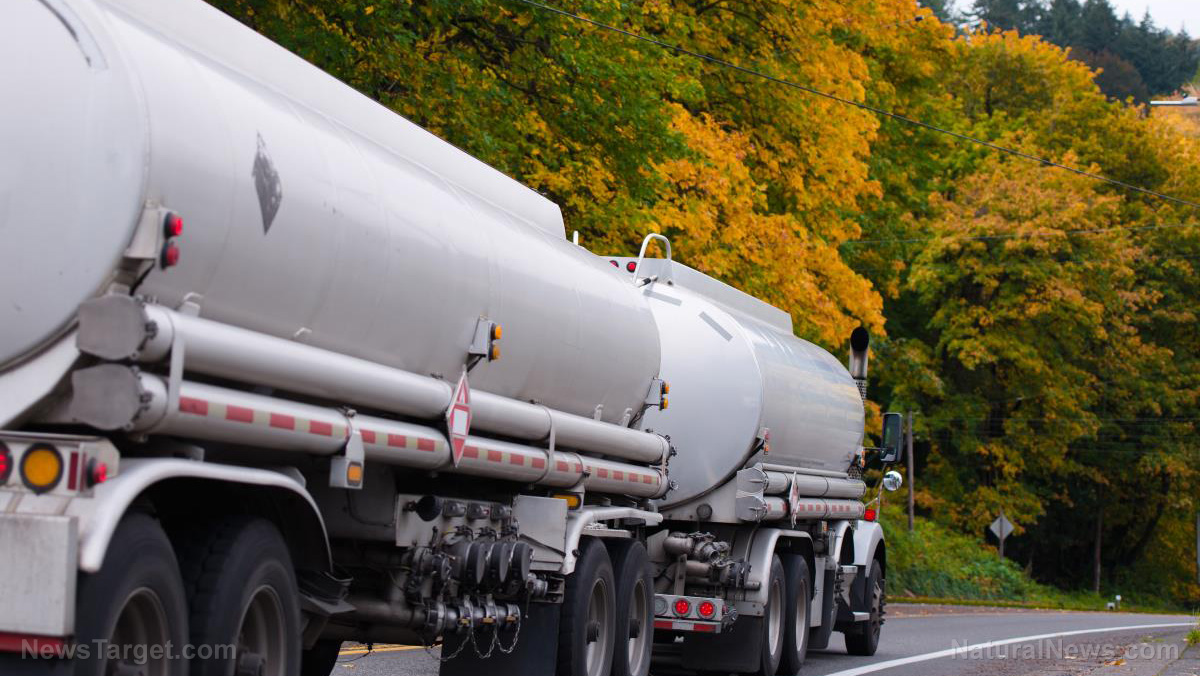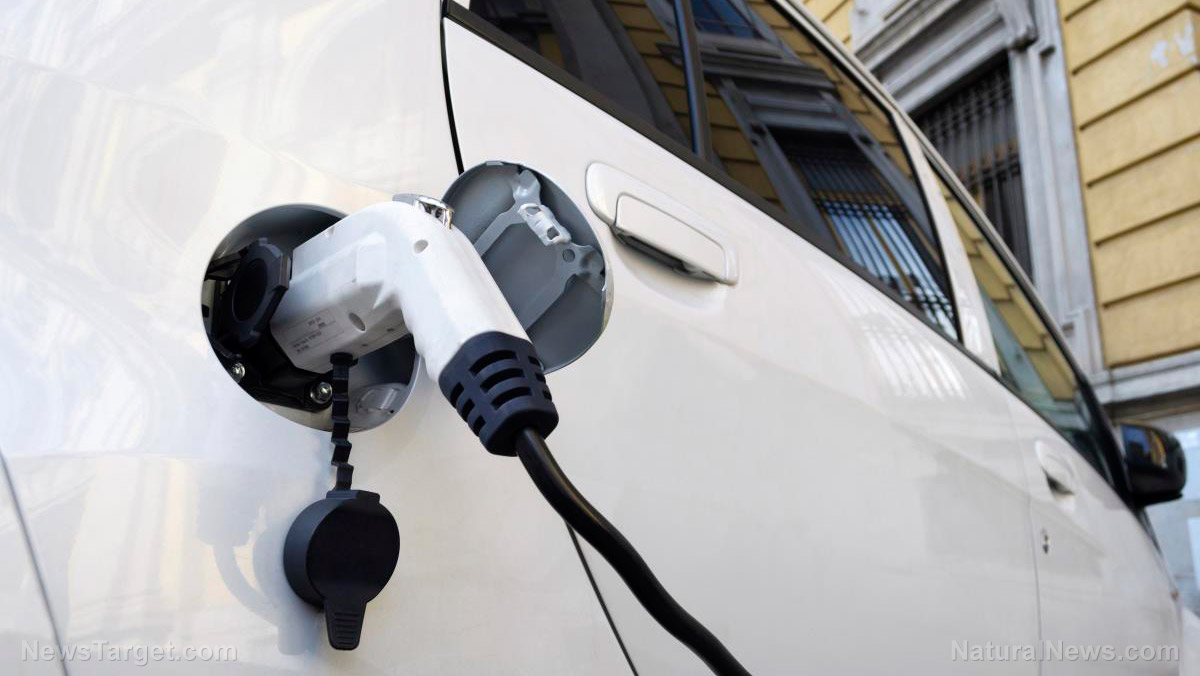Amid total economic collapse, Sri Lanka restricts fuel supplies to essential services, tells other sectors there’s no fuel
06/29/2022 / By Belle Carter
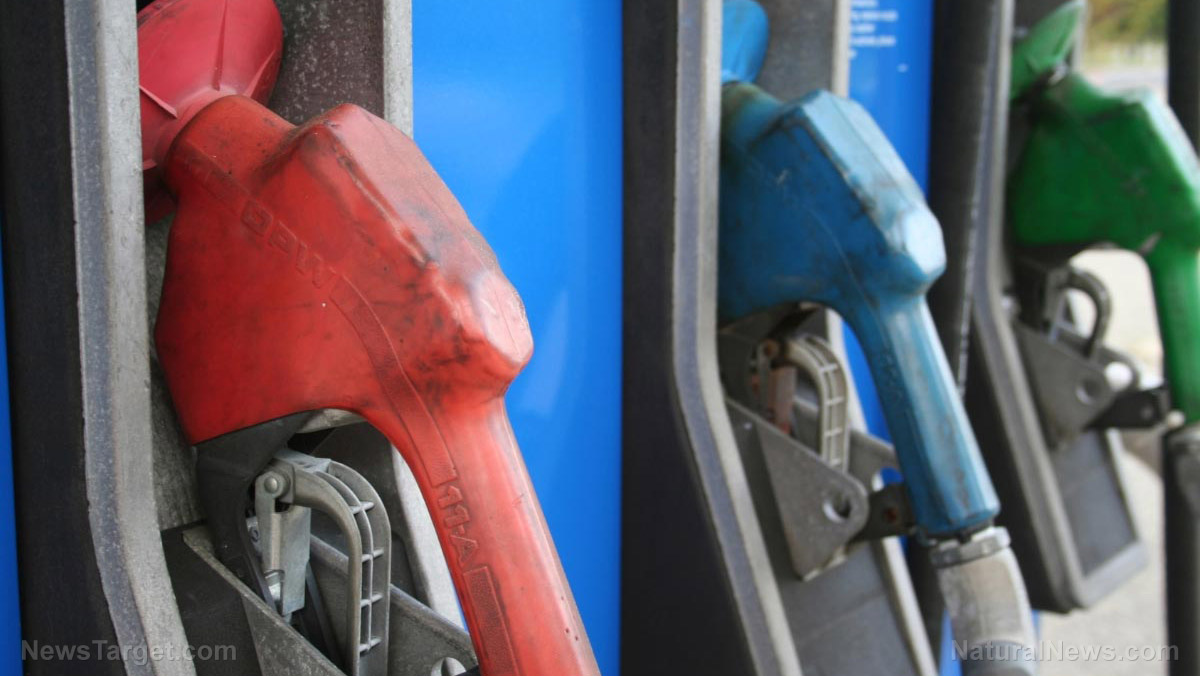
Sri Lankan authorities abruptly restricted fuel supplies on Monday, June 27, just days after Prime Minister Ranil Wickremesinghe told the parliament that the country’s debt-laden economy has completely collapsed.
Spokesman Bandula Gunawardena said in a televised statement that the cabinet of ministers decided to limit the distribution of fuel to essential services until July 10 and that inter-provincial public transport would likely come to a halt.
“Port, health services, food transport will be provided petrol and diesel while all other sectors are requested to stay at home and provide services online at this difficult time,” Gunawardena said.
Wickremesinghe said the island nation is unable to purchase fuel as shortages of essentials and electricity worsen. Schools in urban areas have already shut and authorities advised their 22 million residents to work from home.
Nathan Piper, head of oil and gas research at finance company Investec, told BBC that Sri Lanka is the first country to take the drastic step of halting sales of fuel to ordinary people since the 1970s oil crisis when fuel was rationed in the United States and Europe and speed limits were introduced to reduce demand.
Many of the island’s residents don’t know how they will cope without fuel. There have been long queues at filling stations across Sri Lanka for months.
Colombo taxi driver Chinthaka Kumara said the ban would create more problems for the people. “I’m a daily wage earner. I’ve been in this queue for three days and I don’t know when we will get petrol,” he told BBC.
Private employee S Wijetunga said he was in a queue for two days. “I got a token – number 11 – but I don’t know when I will get fuel,” he said. “I need to go to the office now, so I have no option but to leave my vehicle here and go in a three-wheeler.”
Kenat, a motorized rickshaw driver, said: “Our family used to have three meals a day. Now we eat only twice a day. If this continues, it will come down to one meal.”
Sri Lankan economy down 1.6 percent year-on-year in Q1
Analysts don’t see any hopes in the coming months when it comes to Sri Lanka’s economy. They are even predicting that the worst is yet to come considering the state of security and order at the moment. (Related: Glimpse of the future: Protests, violence put a spotlight on Sri Lanka’s collapsing economy.)
The state-run Census and Statistics Department data shows that the country went down 1.6 percent in the year’s first quarter versus the same period last year and is expected to contract even more in the second quarter.
The country’s economy had expanded by 4.3 percent in the first quarter last year and saw full-year growth clock in at 3.5 percent throughout 2021.
On Monday, Sri Lanka’s largest electric company Ceylon Electricity Board lost 65 billion rupees ($185 million) in the first quarter and asked for a shocking 835 percent price increase for the heavily-subsided smallest power consumers, the country’s Public Utilities Commission said.
Moreover, they recently hiked fuel prices by 12 percent and are also looking to raise power tariffs by 57 percent.
Meanwhile, people are starving and hungry and have been rioting over the cost of food, fuel and electricity.
According to reports, a motorist was shot dead by police in April at the central town of Rambukkana when a clash erupted over the distribution of rationed petrol and diesel. The clashes involving motorists have erupted at three locations, according to the police, and at least six constables were wounded in one clash while seven motorists were arrested.
The United Nations (UN) said that four out of five people in Sri Lanka have started skipping meals as they cannot afford to eat. The UN further warned of a looming “dire humanitarian crisis” with millions in need of aid.
Visit Collapse.news for more news related to Sri Lanka’s current economic situation.
Watch the below video titled about Sri Lanka’s economic collapse.
This video is from the AktiivinenKansalainen channel on Brighteon.com.
More related stories:
Nuclear-armed Pakistan now on the verge of economic collapse, following in path of Sri Lanka.
Food riots: Violent protests erupt in Sri Lanka and Iran as prices of everyday goods soar.
Sources include:
Submit a correction >>
Tagged Under:
chaos, Collapse, crisis, economic collapse, energy supply, food collapse, food riots, food scarcity, food supply, fuel price hike, fuel rationing, fuel supply, inflation, oil crisis, panic, scarcity, shortages, Sri Lanka, United Nations, violence
This article may contain statements that reflect the opinion of the author
RECENT NEWS & ARTICLES
Electricity.News is a fact-based public education website published by Electricity News Features, LLC.
All content copyright © 2018 by Electricity News Features, LLC.
Contact Us with Tips or Corrections
All trademarks, registered trademarks and servicemarks mentioned on this site are the property of their respective owners.

